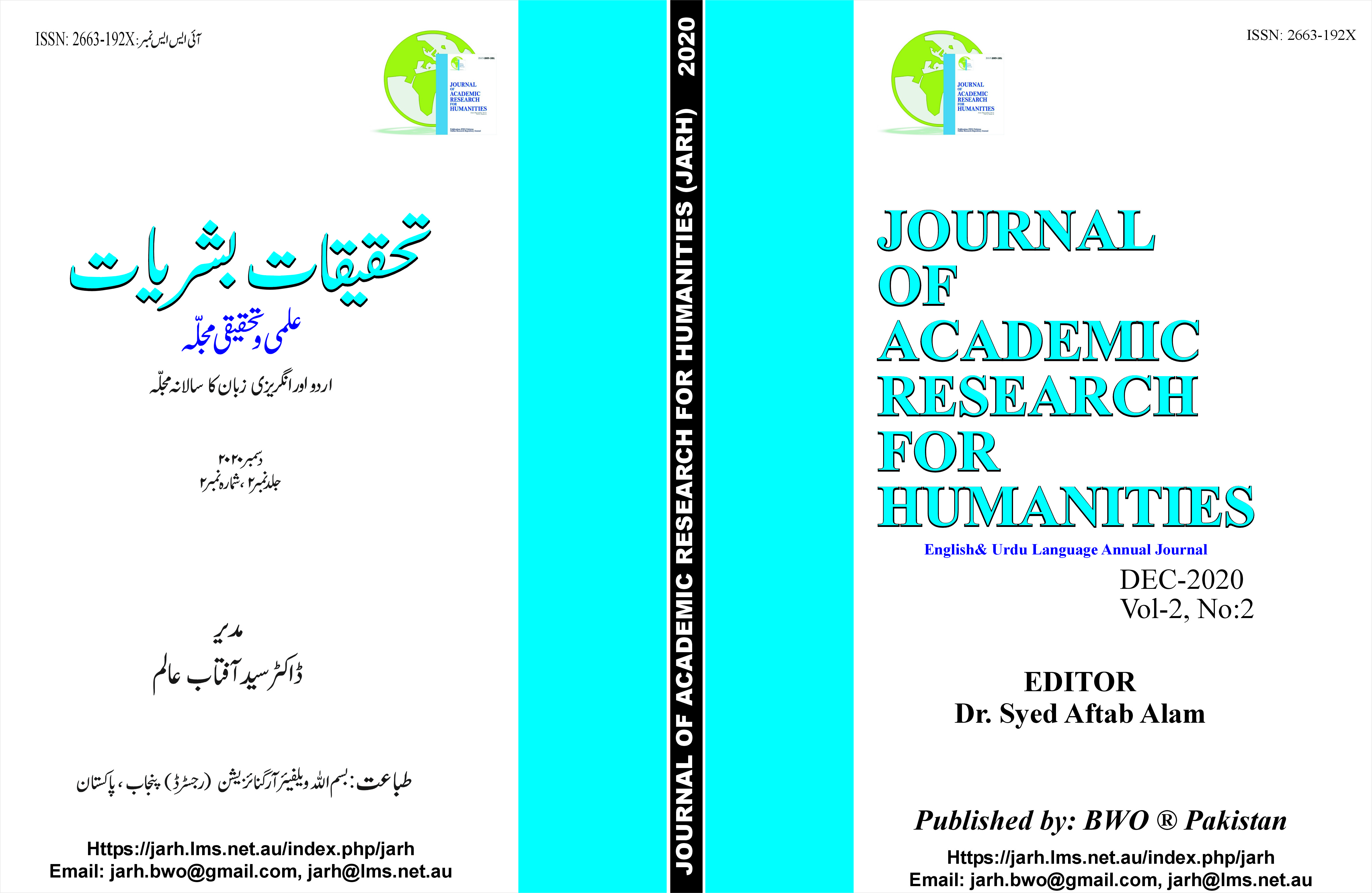The Parliamentary Democracy in Pakistan (1988 to 1999): An Analysis

Abstract
Notwithstanding Pakistan’s commitment to democracy, its history has been repeated with periodic and long military rules and autocratic governments. Even periods of democratic rules were not smooth sailings; elected governments being dismissed on one pretext or the other. In this reference point, the era from August 1988 to October 1999 stands out as a test case. The primary focus of the study is to articulate the facets that prompt deterrence in the democratic uplift and early dismissal of the elected governments in a period of topical importance transpired between two lengthy military regimes (Zia: 1977-88 and Musharraf: 1999-2008). The selected parameter is the working relationship between elected and non-elected. The elected institutions' variables encompass the Parliament, Provincial Assemblies, Local Bodies, and Federal/Provincial Governments. The non-elected institutions' variables are Media, Military, Bureaucracy, and Judiciary. The methodology used in this research is investigative and analytical. The result of the study indicates that in the said era, persistently, the political status of the country remained to be a bureaucratic state with its more or less influence. The implications of the concept of absolute democracy were dim, owing to the fact, that the political system was steered by the top brass in Pakistan.
Keywords
Democracy, Establishment, Government, Bureaucracy, Pakistan